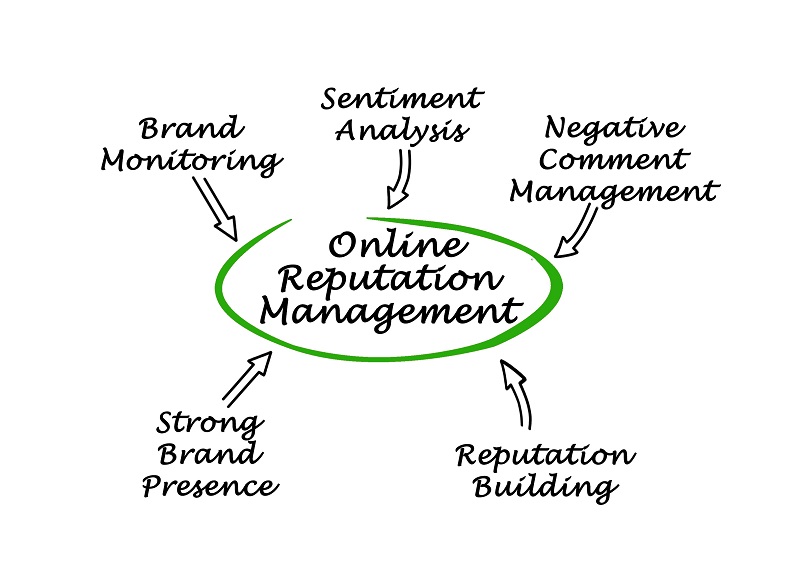
No business is immune to negative reviews. Whether it’s a missed expectation, a misunderstanding, or just a bad day, critical feedback can show up even for the most customer-focused companies. But here’s the good news: how you respond to a negative review can be just as powerful—if not more—than the review itself. A thoughtful, professional reply shows integrity, builds trust, and sometimes even turns unhappy customers into loyal ones.
Here’s a simple, effective approach to responding to negative reviews:
1. Apologize Sincerely
Start with a heartfelt apology—even if the situation wasn’t entirely your fault. Acknowledging the customer’s experience shows empathy and reinforces that you take feedback seriously.
Example:
“We’re very sorry your experience didn’t meet expectations. Your feedback helps us improve, and we’ll be reviewing this with our team.”
A sincere apology doesn’t mean accepting blame for everything; it means recognizing the customer’s disappointment and validating their feelings.
2. Be Gracious and Kind
It’s natural to feel defensive when someone criticizes your work, but it’s important to keep your response calm, professional, and kind. Thank the reviewer for their feedback, even if you disagree with their version of events.
Example:
“Thank you for letting us know. We’ve passed your comments to our staff and will use them as a training opportunity.”
Staying courteous shows maturity and professionalism—and often diffuses tension right away.
3. Invite Them Back
If possible, offer the customer a chance to return and have a better experience. This not only demonstrates your commitment to improvement but also gives you another opportunity to win them over.
Example:
“We’d love a chance to serve you again and provide a better experience next time.”
Sometimes a genuine invitation can turn a frustrated customer into a loyal one.
Final Thoughts
Responding to negative reviews isn’t just about damage control—it’s an opportunity to show who you are as a business. When you respond with sincerity, professionalism, and a willingness to make things right, you turn criticism into connection. And in today’s world, that kind of authenticity matters more than ever.





